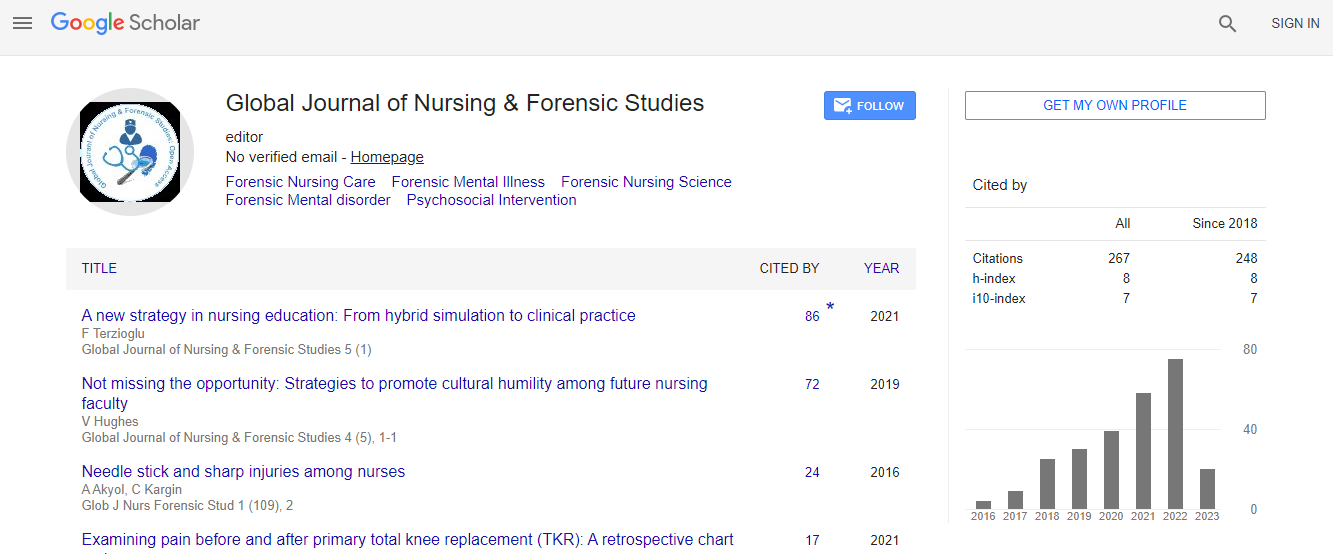A new strategy in nursing education: From hybrid simulation to clinical practice
*Corresponding Author: Fusun Terzioglu PhD, MSN, RN, Professor, Dean, Director of MLP Care Nursing Services Head, Istinye University, Istanbul, Turkey, Tel: +90 212 481 36 88, Email: fusunterzioglu@gmail.com
Copyright: © 2021 . This is an open-access article distributed under the terms of the Creative Commons Attribution License, which permits unrestricted use, distribution, and reproduction in any medium, provided the original author and source are credited.
Abstract
Background: Various instructional methods and environments are used in nursing education to develop students’ psychomotor and communication skills, reduce their anxiety levels, and enhance their satisfaction.
Objectives: To examine the effect of three different instructional environments on the development of the students' psychomotor and communication skills and their levels of anxiety and satisfaction.
Design: A prospective study design was used.
Methods: The sample of the study consisted of 60 nursing students. Before the implementation of the study, the students' cognitive skills and trait anxiety levels were evaluated. The students were divided into five groups and five nursing activities (Leopold’s maneuvers, teaching breastfeeding, family planning education, teaching vulvar self-examination and teaching breast self-examination) were specified for each group. They implemented these nursing activities under the supervision of a faculty member in the nursing skills laboratory, standardized patient laboratory and clinical practice environment respectively. In each instructional environment, the students' psychomotor and communication skills, state anxiety levels and satisfactions were evaluated.
Results: The median scores for psychomotor skills [Nursing Skills Laboratory=73.1; Standardized Patient Laboratory=81.5; Clinical Practice Environment=88.6] and communication skills [Nursing Skills Laboratory=64.9; Standardized Patient Laboratory=71.6; Clinical Practice Environment=79.0] were found to increase as the students went on practicing in a more complicated environment (p<0.05). Similarly, it was determined that the students' anxiety levels decreased as they were practicing incrementally [Nursing Skills Laboratory=33.0; Standardized Patient Laboratory=32.0; Clinical Practice Environment=31.0]. As the instructional environments were getting more similar to the reality, the students' satisfaction levels were found to become higher.
Conclusions: Students who deliberately practice in the instructional environments until they are competent develop their psychomotor skills while reducing their anxiety levels, and enhancing their communication skills and satisfaction. For that reason, the development of students' competency areas is thought to be effective for the enhancement of patients and healthcare workers’ safety.
Keywords: Nursing education, clinical practice, nursing skills laboratory, standardized patient, psychomotor skill, communication, anxiety, satisfaction

